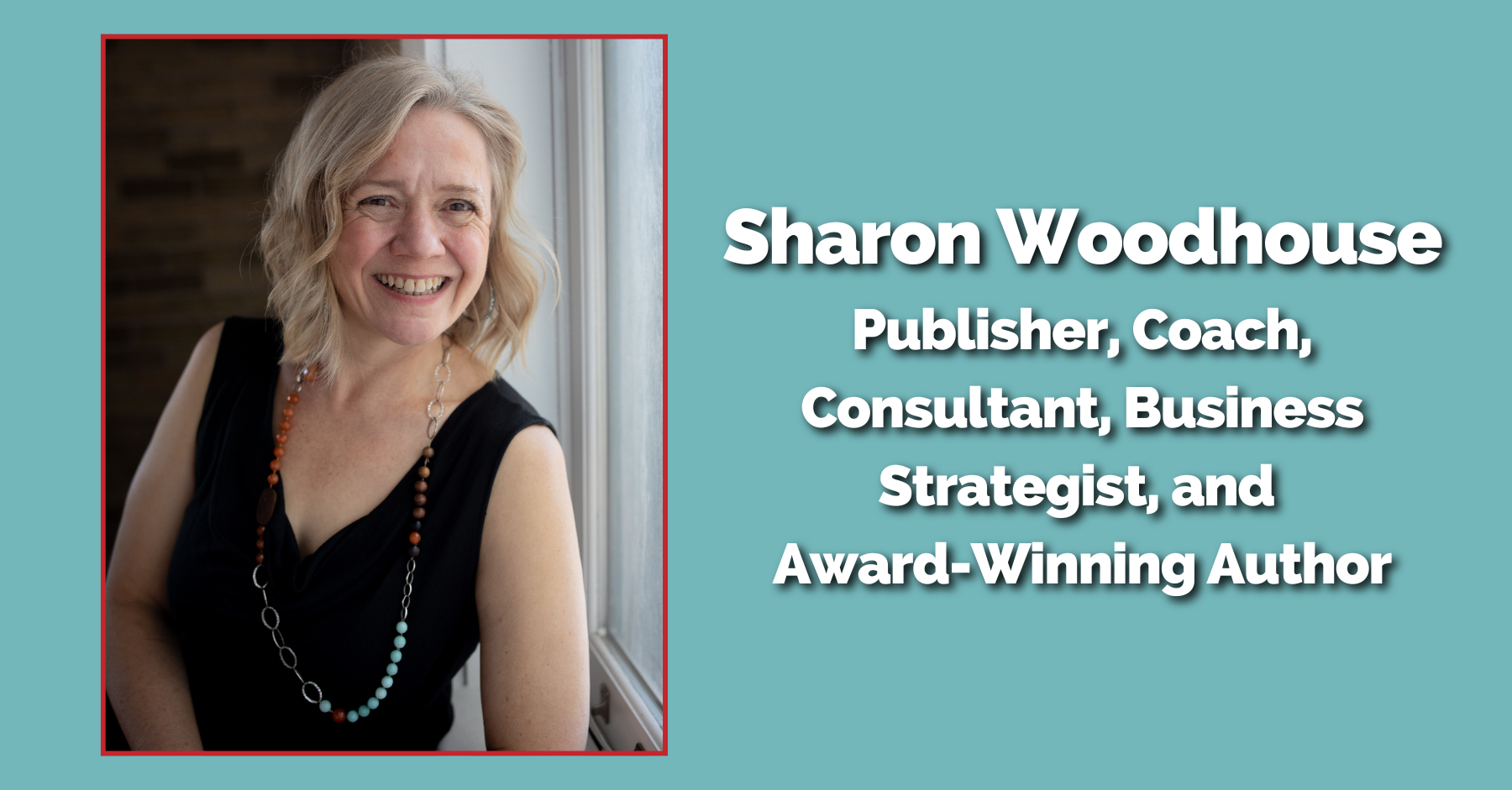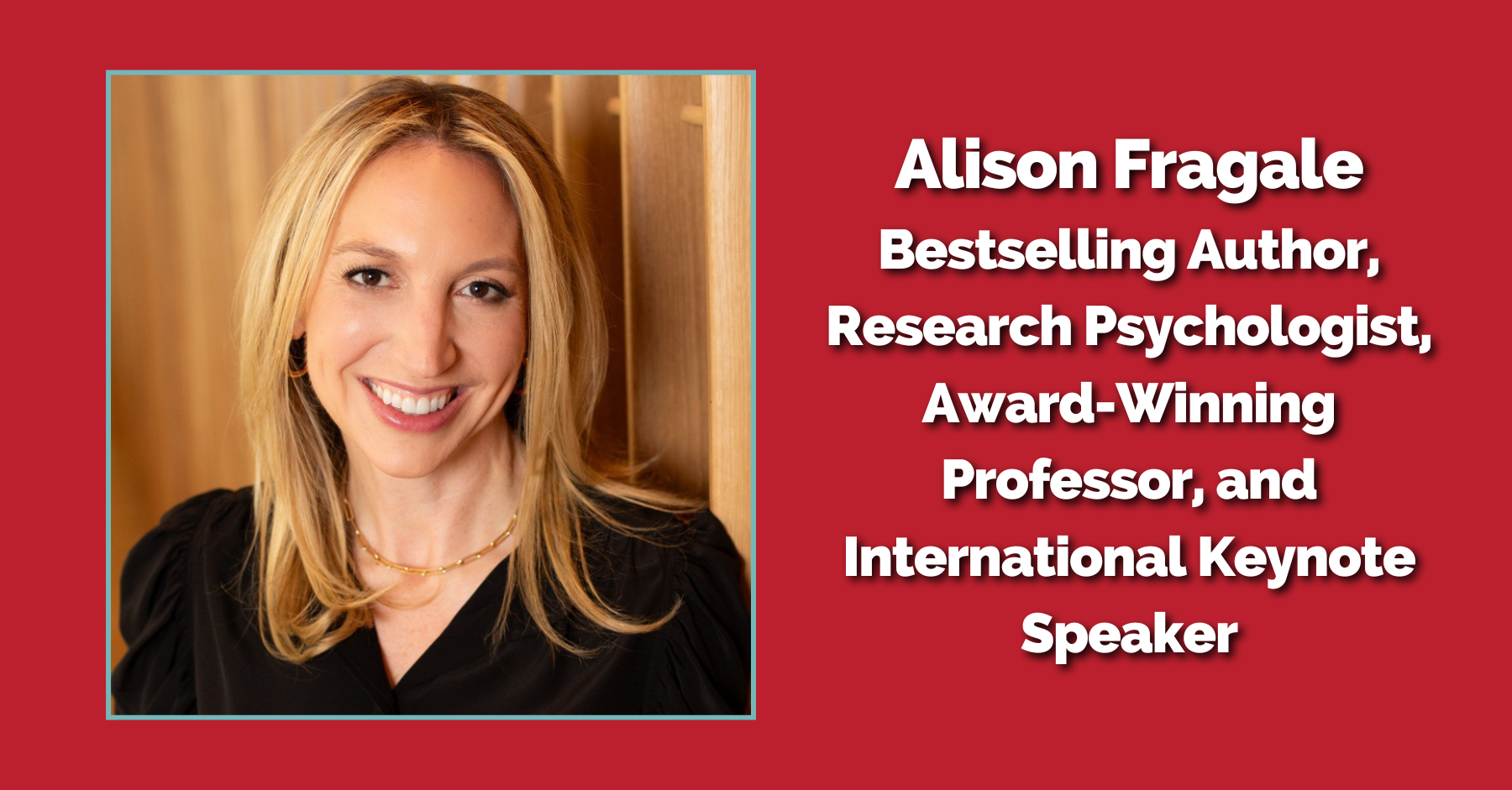Click here to listen on your device and subscribe!
Welcome to the first episode of Season 2 of the Book Marketing Action Podcast with Becky Robinson, where we give you the information you can immediately implement to increase your influence and market your books more successfully. In this episode, we are joined by Peter Winick, Founder and CEO of Thought Leadership Leverage. Peter shares the difference between a traditional thought leader and an online thought leader, and the steps someone can take to become one.
What is a thought leader?
Becky: This month, we are talking all about thought leadership. So I thought it would be great to do some basic information for beginners. Peter, I’m wondering if you could do some definitions for us and explain what you mean when you say thought leader or thought leadership?
Peter: Yes, I think it’s a great question because what happens is people say, “let’s have a conversation around thought leadership,” and they start talking. If you and I had a conversation about lunch, we know that is the second meal of the day. But thought leadership to some is this amorphous thing. Some people think it’s really content marketing. Content marketing is great, but it’s not thought leadership. Other people think about it and what they mean is subject matter expertise.
The way I define thought leadership is I split it into two parts.
- Thought. What is it that you’re saying that is really thoughtful? Thoughtful can come from your opinions as well as data, research, and experience. How are you adding to that? It’s not just repeating tidbits and best practices, there’s gotta be something thoughtful there.
- Leadership. This is where it really gets fun. You have to have the courage to lead the conversation and direction into uncharted waters and new terrain. It’s not a popularity contest. Not everyone has to agree with you because that’s not the goal.
Thought leadership is the combination of the thoughtfulness and the courage to lead.
Why would someone want to be a thought leader?
Becky: So tell me, why would someone want to be a thought leader?
Peter: I think there are lots of reasons. When we work with clients we talk about their goals in terms of three categories. There’s an intrinsic motivation, for example, it’s gratifying to be on stage and get applause. Other goals might be income, this would be the way you want to make a living with your own work. The other piece that not a lot of people think about is you can develop assets. No one has ever bought anybody’s speaking business, but if you’re really smart about how you configure the business side of your thought leadership, consulting firms might buy it, and there are so many other ways to monetize that content.
Is there a difference between a traditional thought leader and an online thought leader?
Becky: People might be listening today and they have invested in building traditional thought leadership and I’m curious, do you draw a line between someone being a traditional thought leader and an online thought leader?
Peter: Yes, and no. The no would be online is just another model. If you email your accountant, is he suddenly an online accountant? No, that’s just a mode of communication. However, what I have seen a lot of that ISN’T thought leadership is that internet marketing, direct to consumer, influencer thing. That’s not thought leadership. Kim Kardashian is a lot of things, but she isn’t a thought leader.
Becky: Do you think it requires someone to share their content and thoughts online to be a thought leader?
Peter: Yeah, I think you need to be able to clearly articulate what your thoughts are in a variety of modalities. I think that’s a big challenge for many. You have to reach people where they are, and that takes courage and trying new things/modalities.
Becky: Well, that sounds like it’s the leadership side. The courage to go to places and share your thoughtful ideas with the world.
Peter: It’s the leadership, and also the marketing side. If you really want to connect with a specific audience, the burden is on you to meet them where they are.
How does someone know if they are a thought leader?
Becky: How can someone know if they are a thought leader? Can I just declare I am a thought leader? When do you know you’ve achieved that thought leader status?
Peter: Yeah, so it’s interesting. I’ve been at this for about 15 years, and when I started the business the term that made me cringe was guru, and thought leadership is almost there. So my rule is number 1, don’t ever give yourself that title. It is for others in the field to bestow upon you.
What are some steps someone can take to become a thought leader?
Becky: What are some steps someone can take if they aspire to become a thought leader?
Peter: Yeah, so everyone wants the three steps for success. I think the way you have to think about it is: What’s the strategy? What are the goals and objectives? And everything else is quite frankly a tactic. Why is it that you want to be a thought leader? What does that mean to you? Get really clear about what it means to you, what the outcomes are, and what you’re willing to invest. Once you’re clear about that, then everything else is a tactic.
For example, I have a lot of clients come to me and they get obsessed with writing a book. Great, but what are the goals? And if they don’t have any clarity around that, I feel comfortable telling them, maybe now isn’t the time for you to write that book. I think it’s the same with a thought leader. If you want to be one, what does success look like? Oftentimes I think people get too focused on, “I’m going to be a Twitter expert or a LinkedIn influencer,” or whatever. Okay, but to what avail?
Becky: Yes, what’s the end goal and what are you working towards? I talk to our clients a lot about that, so it’s helpful to have that reinforcement.
What are the most important consistent actions for someone to take to build thought leadership?
Becky: I’m curious, what are some important consistent actions for someone to take that aspires to build thought leadership? What are some of those tactics you recommend?
Peter: I think a couple of things. The key issue is consistency. Oftentimes what happens is I can actually take a look at what someone has put out into the world and probably lay that over their calendar and find the gaps. “When I have the time to, I’ll do a lot of stuff.” You’ve got to be methodical and you’ve got to be consistent. In terms of action, the first step is to define what you are. I call this the solve for X. There are a lot of people out there in the leadership space. The world doesn’t need another book about what you are writing, it needs a good book with a different perspective. You have to define what your platform is. Once you do that, the action steps are to get out there and continue to do it consistently. And to listen louder than you speak. The market will tell you what it wants from you.
Action Steps
- Gain the RIGHT followers. What can you do to consistently grow the right followers? It’s not a numbers game. People get obsessed with the number of followers they have, but it’s not about number of followers, it’s about having the RIGHT followers. Define who the avatars are that you care most about with a high level of specificity.
- Learn how to articulate the pain points your work solves.
- Listen loudly and meet people where they are.
Resources
- You can email Peter directly at Peter@thoughtleadershipleverage.com.
- Connect with Peter on LinkedIn here and Twitter here.
- Click here to learn more about Thought Leadership Leverage.
- Check out Peter’s podcast interview with Becky Robinson about helping thought leaders publish their books and using social media to market it.
We hope you take advantage of the resources above and let us know if you take Peter’s advice and implement one or two of his ideas. If you have any questions or topics you’d like us to cover, please email Becky Robinson here.




